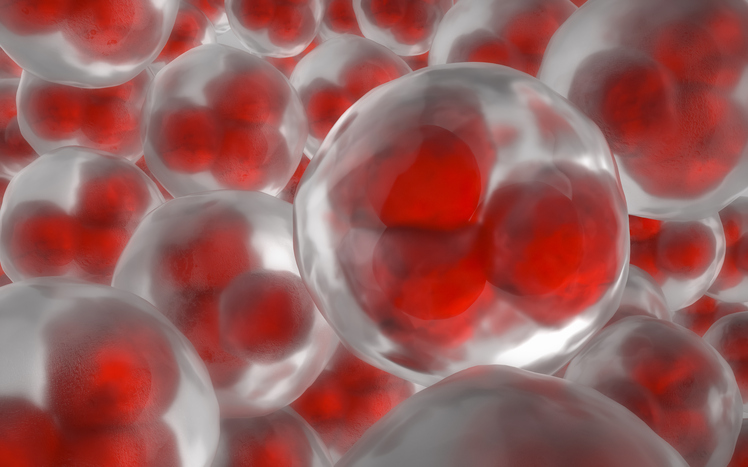In an attempt to “bypass regulatory limits” regarding research into human embryos, teams of scientists are endeavouring to create embryo structures from stem cells. Following a similar protocol to that used to obtain organoid, cultivated stem cells gather together and “create clusters of cells that increasingly resemble embryos“. Thus scientists in Michigan have announced that they are on the verge of producing hundreds of “embryoids“. They believe that these “synthetic embryos” are not real embryos and are therefore not subject to the same legislation. Furthermore, their study, which was published in August, does not refer to embryos but to “asymmetrical cysts” which “could be used to screen medicine causing congenital malformations, for reproductive medicine or to create basic material for artificial organs“.
Research into human embryos is “limited” by the 14-day rule. All embryos must be destroyed before developing for 14 days in vitro. Embryoids could bypass this legislation. However, federal financing for any embryo study, “regardless of origin“, is banned in the United States. This does not exclude “artificial embryos“.
A few months earlier, British scientists announced that they had “created six-day murine embryos by combining two types of stem cell” and are now attempting to achieve the same result with human stem cells (see British scientists attempt to create artificial murine embryos before focusing on humans). Another team at the Rockefeller University in New York is carrying out similar experiments: “We have discovered that stem cells are programmed to create an embryo. This is what they want to do. If the cells are in a good condition, with a good density and you give them the right signal, they take up the challenge and talk to each other“. In March, a Harvard university team suggested calling these “new entities” “synthetic human entities presenting characteristics similar to those of an embryo“.
However, Jonathan Kimmelman, member of the Bioethics Unit at Mc Gill University in Montreal, believes that the experiments will probably still be contested.
BioEdge, Michael Cook (14/10/2017); MIT technology review, Antonio Regalado (19/09/2017)

